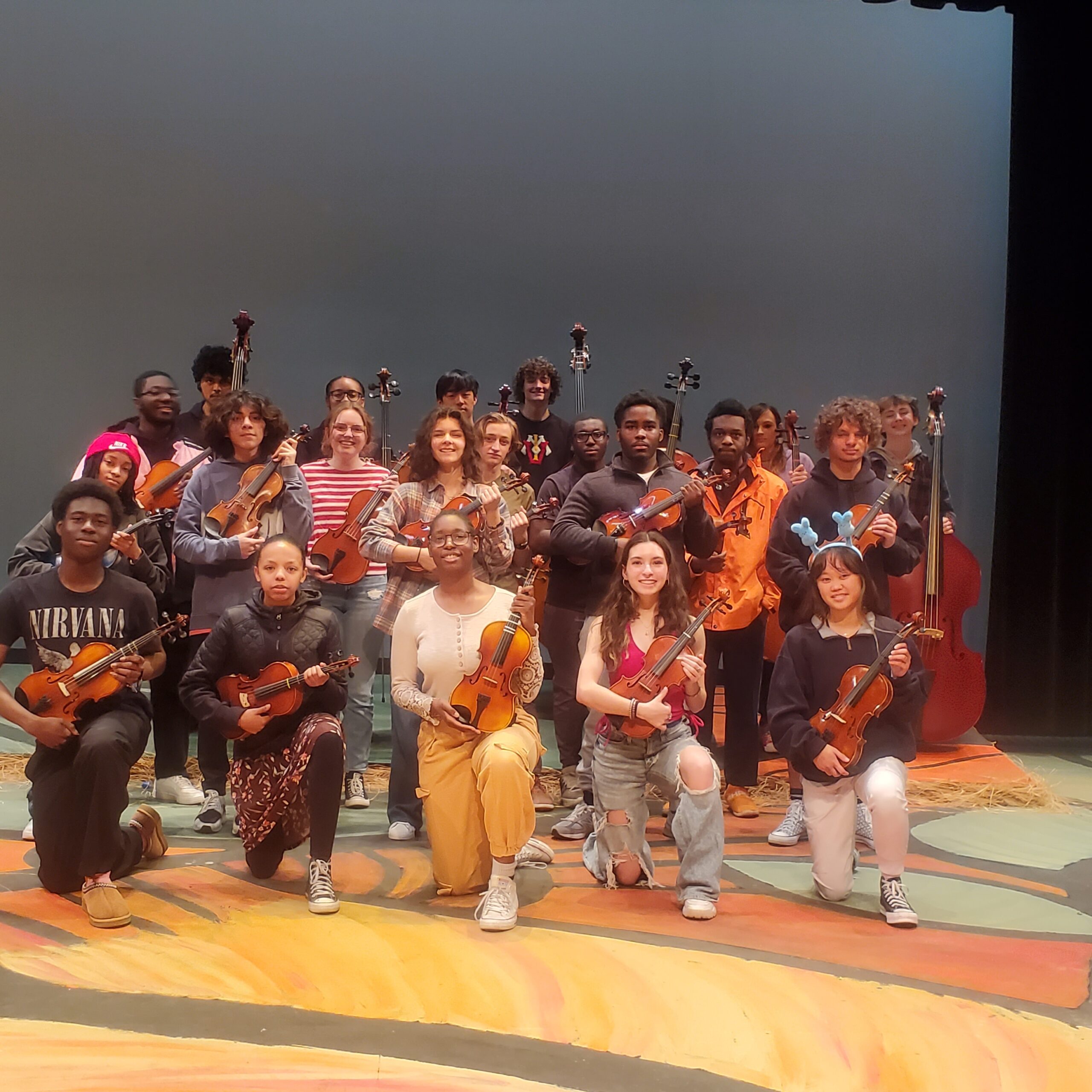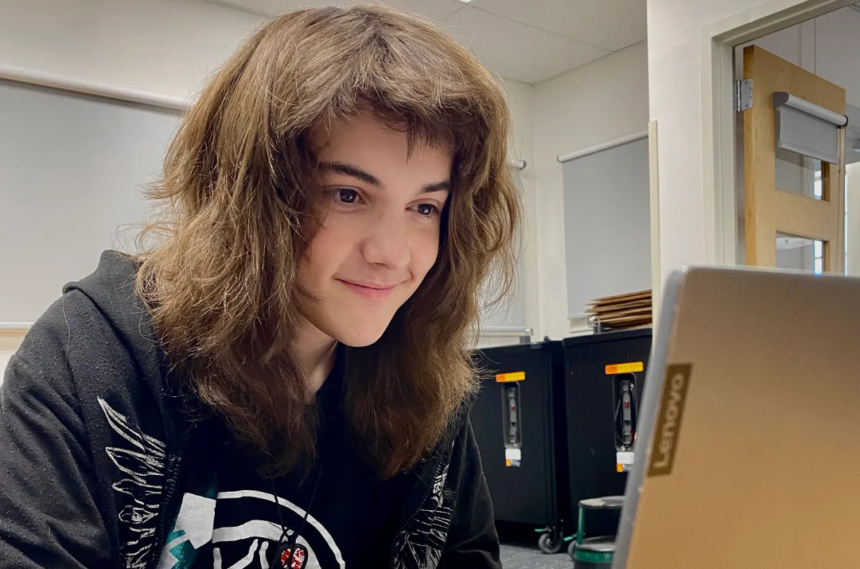
Middle school students, teachers and parents shared their thoughts at Monday’s meeting.
On Monday evening, the King George County School Board heard from many people who expressed their opinions and concerns about book challenges in the school division.
Among them were King George Middle School 8th grade students Madison Clark, BETA club president, and Kayla Posey, a member of student leadership. They argued that the Board has not yet heard from those most directly affected by book challenges—students.
“Some of the books currently being challenged spread awareness of topics [that are] important to middle schoolers, like ‘Speak’ by Laurie Anderson (a 1999 novel about a high school freshman girl’s survival of sexual assault),” Clark said. “The book does not go into detail about what happens in the assault, but rather how she finds her voice to talk about what happened.”
Clark and Posey’s 7th grade civics teacher, Rachel Anderson, said, “I teach my students that the most important level of government is the local—that is where decisions that affect them and their day-to-day lives take place.”
Anderson said she would not be able to face her students had she not stood up for what she feels is right. She said she wants to show her students that it’s important to fight against an injustice that you believe is taking place.
Superintendent Jesse Boyd told the Board that the decision earlier this month to “includ(e) library books in policy IIA, which governs instructional materials, empowered parents in these (tough) conversations.”
“We need to make sure parents are in the driver’s seat and allow parents to make these decisions (about what is appropriate reading material) for their children,” he said.
Ninth grade student Bea Park and her mother Susan spoke about how a majority of the books being considered “sexually explicit” are not required reading for students.
“People who do not have an educational background or kids in our schools—I don’t believe they should have the power to decide what my child or all children at King George County Schools should access,” Susan Park said.
A community member, who does not currently have students in the county schools, initiated challenges earlier this year of 18 books in the middle school’s library. The school librarians and principal decided to remove six of them from circulation in the middle school.
The division has procedures in place for parents who do not want their children reading a certain book for an assignment. They can opt their children out of these readings and the student can instead complete an alternative assignment.
However, some who do not have children in the school system at the moment said Monday that they feel they have a right to protect students and make sure that what they are reading is educational, appropriate, and safe for their respective ages.
A parent and aunt of students in the school division said, “I’m not trying to ban books, I just want common sense school library guidelines.”
She also said, “This isn’t Shakespeare. I don’t want my children to have access to this material. Please help us.”
Darryl Breitenstein, a resident of the James Madison District, said, “I want the kids to have books that are appropriate for their age. None of these should be in an elementary school, and even the middle school and high school is questionable for some of these books listed.”
On the King George County Schools webpage, there is a list of sexually explicit materials listed by grade level, department, author, and title that parents or guardians can view.
Boyd said, “If a student wants to check out a book from the sexually explicit list, the librarians have the power to reach out to the parent or guardian and check if they would want to opt out or not.”
“Empowering parents is our goal,” he said.
The Board on Monday amended policy KLB, which was formerly titled “Public Complaints About Learning Resources” and is now renamed “Public Concerns and Complaints About Controversial Issues, Learning Resources, Instructional Materials, and Other Matters.”
It adds new language outlining how community members without children in the schools should register their concerns.
“The King George County School Board recognizes that members of the community who do not have children enrolled in the school may have concerns pertaining to our schools regarding a variety of matters ranging from community safety, traffic, or curriculum, for example. These concerns should be directed to the school superintendent’s office in writing. It will be the responsibility of the superintendent or designee to respond to these concerns.”
Any challenges or concerns about books, resources or instructional materials in regard to the designation of such materials as containing sexually explicit material as defined in Policy IAA should be addressed in writing to the school principal by the legal parent or guardian of the student or to the superintendent by King George County residents who do not have students enrolled in King George County Schools.”
Intern Abby Knowles is a senior at the University of Mary Washington.





